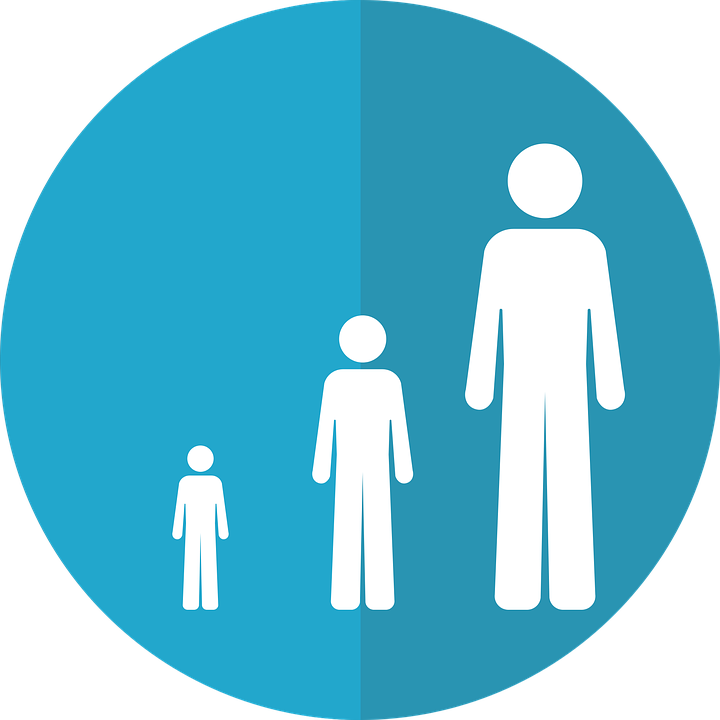For the past 20 years, my colleagues and I have run a social-skills group for children with autism, ages 5 to 18 years. Our program teaches the children how to recognize their own emotions, have conversations, solve problems and build genuine friendships.
About five years ago, some of those who had finished the program reached out to us for help navigating the adult world. They were concerned about the challenges involved in attending college, picking a career path, succeeding in the workplace, living independently and forming social and romantic relationships. There were few resources available to them.
Adults with autism report poorer social and vocational outcomes than any other disability group1,2. They often don’t earn a living wage, have a partner or family, or participate in the community. They also frequently contend with physical and mental health problems.
My colleagues and I wanted to help these young people. We created a curriculum for young adults with autism that helps them to better manage the stress and challenges associated with the transition to adulthood. It also teaches their parents and other helpers how to assist them in learning and implementing skills.
Read the whole article here
